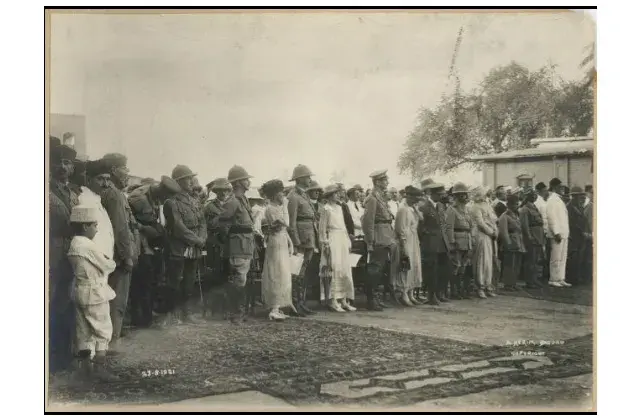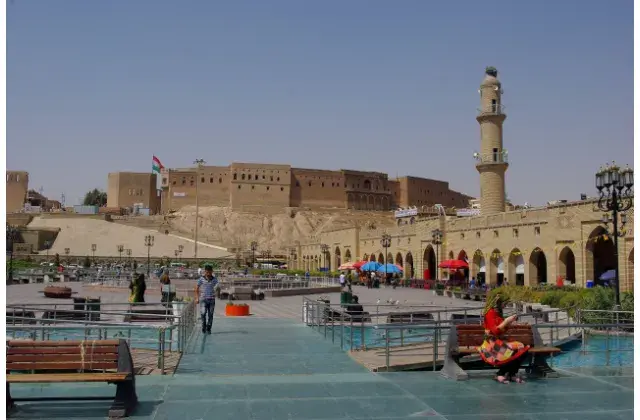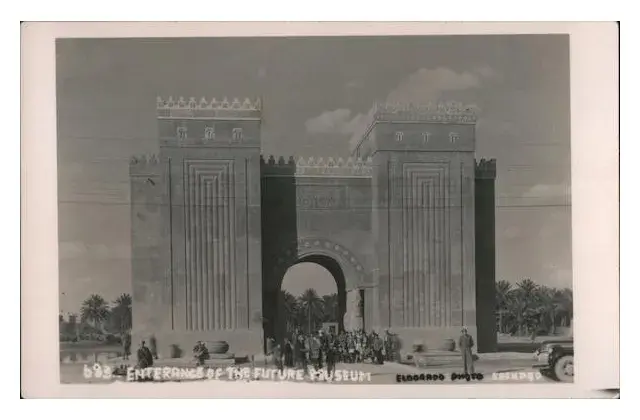Host Iraq Wins the 25th Arabian Gulf Cup in Basra - Iraq and its Football History (2023)

The 25th Arabian Gulf Cup was held in Basra from 6 to 19 January 2023. For Basra, and Iraq in general, the event boosted trust, put a positive image on Iraq and raised Iraq’s profile as a tourist destination, both regionally and internationally. Besides other numerous prestigious guests, FIFA President Gianni Infantino visited Iraq to show his support for the championship. Basra received around 50,000 Gulf visitors, and made their stay even more memorable by the well-known Basrawi hospitality. The football matches were attended by the largest number of football tourists in the history of the Arabian Gulf Cup – three quarters of a million – and were held in the Basra International Stadium with around 65,000 seats and Al-Minaa Olympic Stadium with a capacity of 30,000 seats. The final match was watched by far more football fans than there were seats in the Basra International Stadium – due to black market ticket sales and an understaffed security team that could not deal with the mass who wanted to enter the stadium, many of them without a ticket.
Iraqis adore football. 540,000 young amateur football players are registered in the Iraqi Football Association, additionally over 16,000 of them are distributed across 110 football clubs. Most of the cities are equipped with playgrounds and if not available, Iraqi use anything to play football anywhere in the street. 40 % of Iraqi youth practise football either formally or informally as amateur football players. Those who do not play, watch the matches. When the last “GOAL” echoed throughout Iraq, the goal that defeated Iraq over Oman 3-2, Iraqis across the country poured out into the street to celebrate the historic victory by fireworks, waving the Iraqi flag, dancing and singing in the streets. The fissured nation was united, transcending religious, cultural and geographic divides. A similar situation occurred on 14 November 2019, when thousands of people gathered on Al Tahrir in Baghdad to watch the World Cup qualifier match between Iraq and Iran. Chants, fireworks and drums thundered throughout the country at the final whistle – Iraq ended up beating Iran 2:1.
Iraq is well-known for its passionate football fan base, and the national team represents hope and unity for Iraqi people. The “Mesopotamian Lions,” as the Iraqi National Football Team is commonly called, is governed by the Iraq Football Association (IFA), formed in 1948. The Arabian Gulf Cup was established at the 1968 Summer Olympics in Mexico with eight member countries: Bahrain, Kuwait, Yemen, Qatar, Saudi Arabia, Oman, the United Arab Emirates and Iraq. The same countries attended the tournament in Basra in 2023. The first Arabian Gulf Cup took place in 1970 in Bahrain. In 1979, Baghdad hosted the 5th Gulf Cup in Al-Shaab Stadium. The Iraqi team won the cup, their first ever title. In the 1980s, the Iraqi football team had its most successful period so far: Besides winning the 1984 and 1988 Arabian Gulf Cup, they won numerous tournaments, including the 1982 Asian Games, the 1985 and 1988 Arab Cup, and the 1985 Pan Arab Games. Overall, Iraq won nine competitions. All of these victories took place during the Iran-Iraq War.
From 1990 to 2003, Iraq was banned from the Gulf Cup due to the Second Gulf War and its resulting unstable political situation. The national football team could not play in Al-Shaab Stadium until 2009 because of continued security concerns. Its first match, after six years of playing its home matches in other countries, was in July 2009 – Iraq versus Palestine in a friendly match. The 34,200-seater Al Shaab Stadium in Baghdad used to be home of Iraq’s national football team until 2013, when the Basra International Stadium was opened with a capacity of 65,000 seats and a secondary stadium with 10,000 seats. The Basra International Stadium is also called Palm Trunk Stadium as the external façade of the building is inspired by the undulating bark of the date palm trees. Until the 1980s, Basra was well-known for the cultivation and planting of vast fields of date palm trees.
This article was written by Hella Mewis and is licensed under CC BY-NC 4.0.






